Top 4 Personality Tests Used by Employers
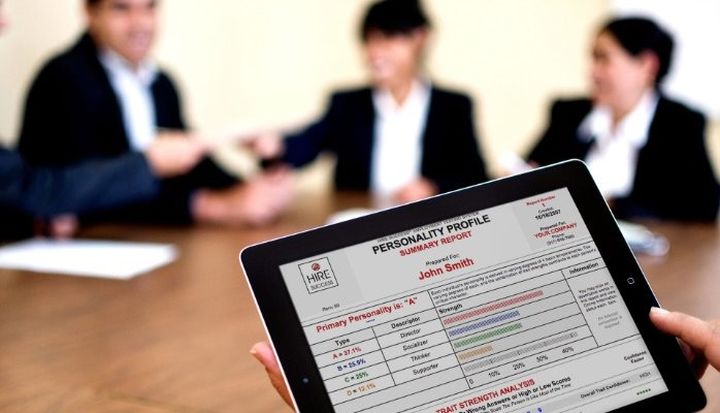
You’ve submitted your job application and resume, talked to a recruiter, and set up a date for your first interview… congratulations! Few things are more exciting for your professional life than landing an interview with a great company.
But if you’re like most people, once the initial excitement passes, nerves and anxiety start to set in. You begin frantically googling things like “how to prepare for a job interview” and “answers to common interview questions,” and suddenly you’re blindsided by the realization that approximately 80% of large companies use personality tests to assess potential employees.
If you’ve never taken a personality test before, the thought of taking one for a job interview can feel a little daunting. But fear not! Personality tests are nothing to worry about: they are mere tools that help employers identify behavioral traits, values, and worldviews to see if a person is a match for a particular position.
Many of these tests were actually designed and developed by psychologists and are still used in medical settings to help clarify clinical diagnoses, guide therapeutic treatment, and more. In this article, we’ll walk you through some of the most common personality assessments used by employers and share with you a few tips on how to prepare for them.
What Are Personality Tests?
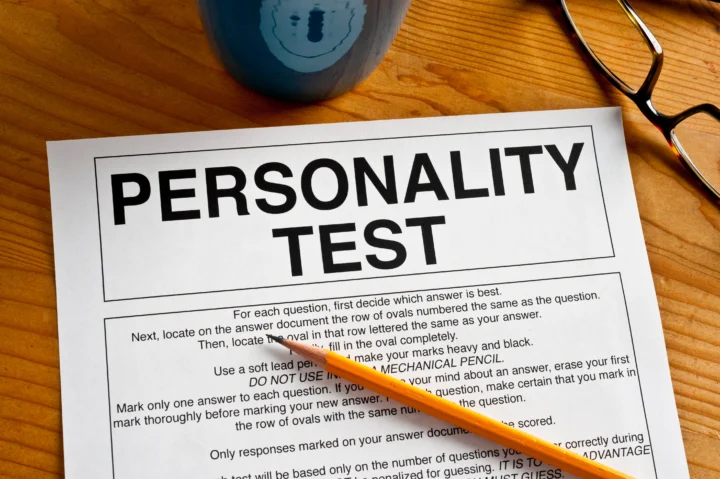
Simply put, a personality test is a tool used to assess human personality. However, the name can be a little confusing because personality tests are not actually “tests” in the traditional sense, meaning that there are no ‘right’ or ‘wrong’ answers, and most personality measures don’t sort individuals into one category or another.
Personality tests stem from the field of psychology and were initially designed to measure a person’s state of mind and elicit information about their behaviors and motivations. However, many of these tests are increasingly being used in the professional setting to screen candidates for employment.
Top 4 Personality Tests Used by Employers
The purpose of a personality assessment in the work setting is to give potential employers insight into whether or not you’re a good match for the job. However, it’s important to keep in mind that the results of any kind of personality test are not a judgment of who you are as a person or a reflection of what you’re capable of achieving in your career and other areas of your life.
Some of the most common personality tests used during job interviews include:
Myers-Briggs Type Indicator
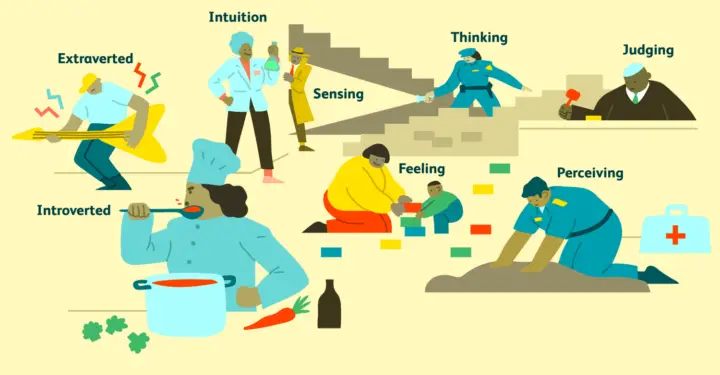
According to BetterHelp, the world’s largest online therapy service, the Myers-Briggs Type Indicator (MBTI) personality test is a self-report questionnaire that was based on the work of Carl Jung. During World War II, mother-daughter duo Isabela Myers and Katherine Briggs began researching and developing an inventory that could help understand individual differences between people using Jung’s personality theory. As a result, they released the MBTI test in 1943.
The MBTI identifies whether a potential employee’s personality leans toward one of two tendencies within four key groupings: “Extraversion vs. Introversion,” “Judging vs. Perceiving,” “Intuition vs. Sensing,” and “Thinking vs. Feeling.” The results of these groupings place individuals into one of 16 personality types.
Employers often use the MBTI to determine if a candidate would be a good cultural fit for the company. The test consists of 93 questions, so it is a fairly long assessment.
The Caliper Profile
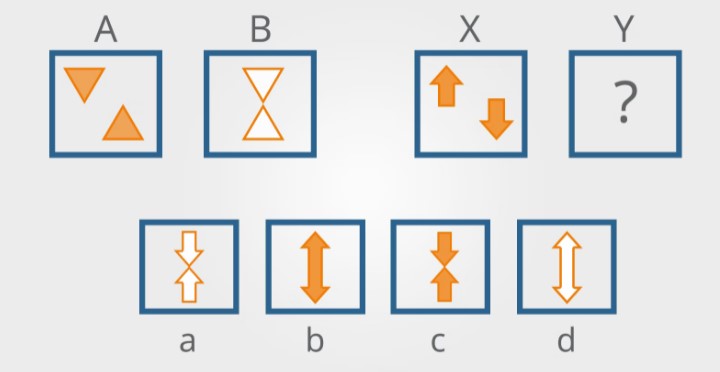
The Caliper Profile Assessment is a common pre-employment evaluation that measures your personality traits, thinking skills, and competencies. It was originally designed by Dr. Herb Greenberg and David Mayer in the late 1950s for an insurance agency in order to help predict the potential of employees to sell its products effectively. Some people consider it one of the most challenging personality assessments used by businesses nowadays.
There are two sections to the Caliper test: personality and cognitive. The personality section aims to identify behaviors and traits by asking a series of questions, including true and false, multiple choice, and Likert questions (degree of agreement). The goal of the cognitive section is to assess your abstract reasoning and problem-solving abilities.
Cattell’s 16 Personality Factor Questionnaire
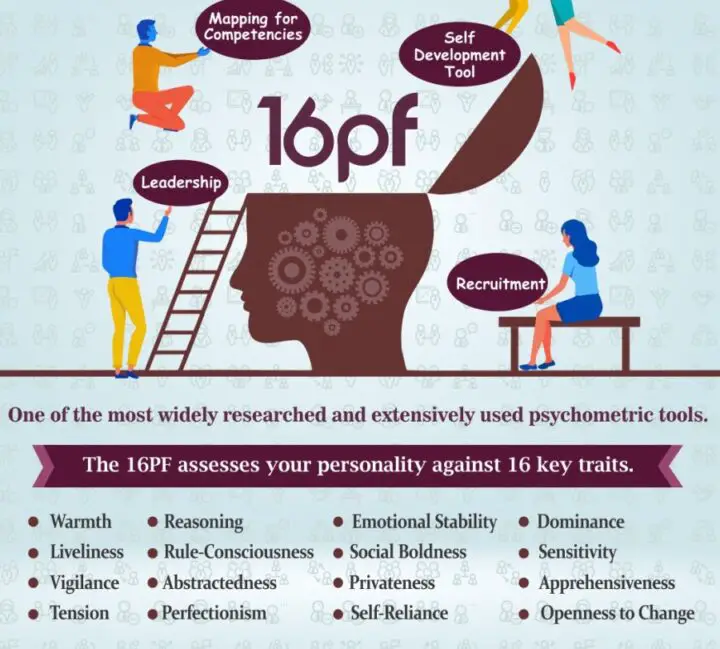
Developed in 1949 by Raymond Cattell, the 16 Personality Factor Questionnaire, sometimes called 16PF, helps measure behaviors and is a popular personality assessment in job interviews, career counseling, couple’s therapy, and more.
Cattell identified 16 types of personality traits, including abstractedness, dominance, emotional stability, self-reliance, sensitivity, social boldness, warmth, perfectionism, and others. The test is composed of multiple-choice questions that ask the test-taker to choose one of three different alternatives. You can take a free version of the test here to help you prepare for your interview.
The SHL Occupational Personality Questionnaire
The SHL Occupational Personality Questionnaire, also called OPQ32, is made up of 104 questions that measure 32 key characteristics categorized into three main areas: emotions, thinking style, and relationships with other people. Each question includes multiple statements, and you’ll be asked to select the one that resonates the most with you.
How To Pass A Job Interview Personality Test
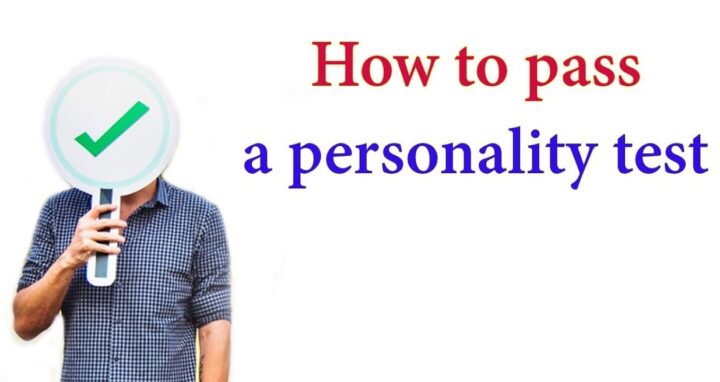
Even though job interview personality tests are not meant to be “passed” or “failed,” the truth is that if an employer uses them during an interview, it’s very likely that will take your results into consideration when deciding whether or not you’re a good fit for the job.
If you’re told that you’ll be given a personality test as part of the recruiting process, your best bet is to relax and answer the questions honestly. Keep in mind that many of these tests were developed using a variety of tactics to outwit cheating. Here are some expert tips to make it go easier:
- Review the instructions carefully
- Answer the questions with the position you’re applying to in mind
- Practice with free online tests
- Select the answers that feel right: remember that there are no “right” or “wrong” answers
- Make sure you answer all the questions
- Aim for answers that suggest positive traits (but be honest and avoid contradictions)
- Take your time
In Closing
Personality tests are common parts of hiring and recruitment processes. The goal of these assessments is to determine whether a potential employee’s personality is a good match both for the company’s culture and for the specific role they’re interviewing for. Of course, you can always decline to take a personality test but bear in mind that this may hurt your candidacy for the job.

